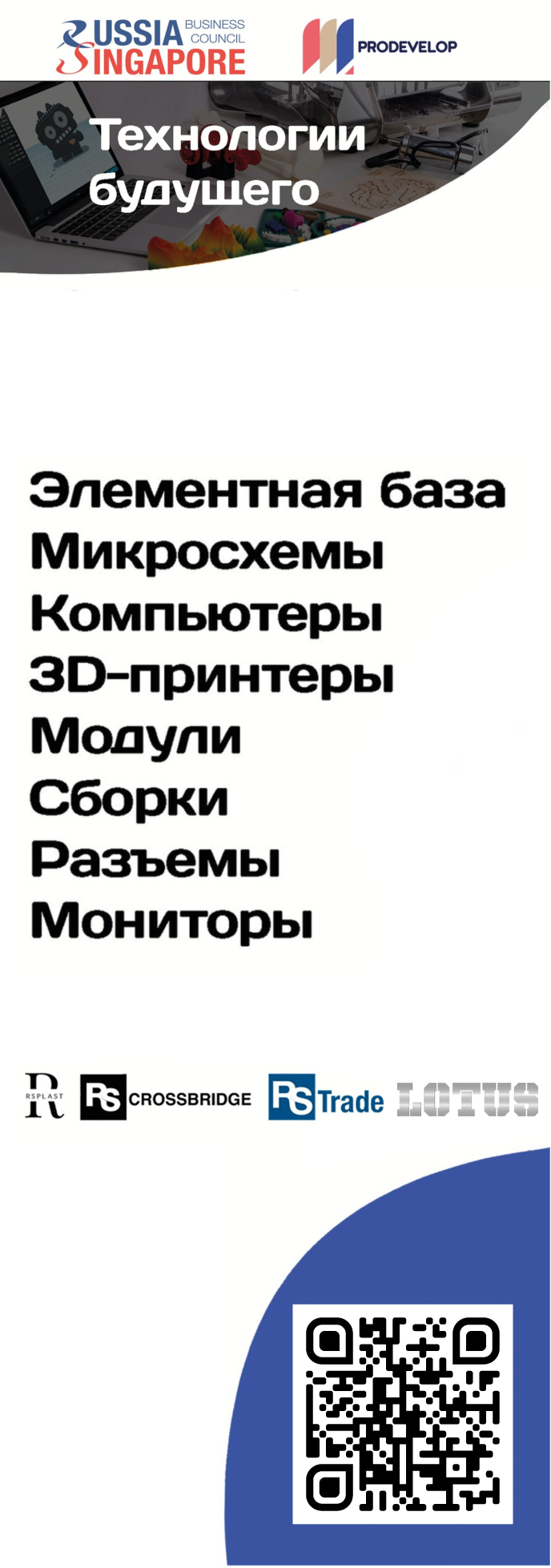
On June 4, 2019 in EEC was held a round table dedicated to the digitalization of logistics.
The round table was opened by the Member of the Board (Minister) of the EEC on domestic markets, information and infocomm Karine Minasyan. Ms Minasyan noted the potential of ASEAN with its more than 640 million population and the 5th economy of the world, which make the region attractive for collaboration from the point of view of the EAEU. ASEAN countries as well as the EAEU countries take steps towards free trade zones development. There is already an FTA with Vietnam, and the preparations for signing such agreement with Singapore are being completed. Technological competencies of Singapore government and companies as well as their experience in developing huge infrastructure projects, i.a. in the field of digitalization and creating “one window” tools, might also be useful for implementing strategical projects of the EAEU. In particular, Ms Minasyan noticed that “within the implementation of the EAEU digital agenda to 2025 there is noted the integration of digital ecosystems, including integration with global, regional and sectoral ecosystems. Concept of the EAEU digital transport corridors is being elaborated. Over-arching processes caused by digital transformations are cross-border. We regard Singapore as an entry point for further interface between digital ecosystems, which appear both in our economic Union and in ASEAN countries”.
Central issues of discussion became the development of digital transport corridors within EAEU, interface of these corridors with logistic routes of neighbor countries and big projects, such as One Belt, One Road, Northern Sea Route, North – South corridor, etc. These questions were viewed through the prism and in connection with other digital projects of the EEC: e-commerce, Eurasian Technology Transfer, Industrial Cooperation and Subcontracting Net, etc.
Among the participants of the discussion, apart from the EEC representatives, were top managers and experts from transport, insurance, service companies, logistic and compliance associations, custom brokers.
The discussion started with the address of Desmond Tay, co-founder and CEO of the Singapore company vCargo Cloud. Mr Tay briefly outlined similar projects in which his company has participated. In further details he described the solution which is implemented on the first step of the integration between digital platforms RSTrade (operated by RSTradehouse LLC, executive structure of the Russia-Singapore Business Council) and CamelONE (operated by vCargo Cloud). The integrated solution provides an opportunity to bring together manufacturers, buyers and companies from different countries providing logistics and other services for foreign economic activities – for buying and selling as well as for getting delivery, insurance and other services. Within the second step of the integration it is planned to integrate payment services as well as deal insurance and provision of contract manufacturing services (which are implemented on the Russian side) to users from ASEAN countries. Mr Tay emphasized: “Within the second step of the integration guarantee schemes will be implemented. Of course, letters of credit are already in use. But this is expensive and slows the expansion of foreign economic activities. There will still be companies committed to such perceptions and principles, and we will work with them. But more and more companies will use FinTech mechanisms, which are alredady being actively implemented in Singapore and will soon be demanded in the EAEU countries. This will expand opportunities for interaction of the EAEU companies with ASEAN countries”.
RSTradehouse LLC CEO Sergey Pronin focused on features of multimodal solution, which makes it possible for different service providers to fill one order and to provide the delivery from door to door. Within international projects, this gives an opportunity for cooperation between companies from the EAEU, Russia and Asia. Sergey Pronin specially emphasized the importance of those consortiums, in which EEC and personally Karine Minasyan are involved to implement the EAEU digital agenda. “Interaction of national, supranational and business structures within the implementation of the EEC digital projects is one of the factors of their success. Our integrated solution will contribute to development of digital interaction between not only Russia and Singapore. It might become a kind of a prologue to possible integration of the EAEU and ASEAN ecosystems”.
In the end of the round table, the work of the integrated platform interface was demonstrated in real time. On the part of the Singapore company, the goods were “purchased” by a Russian manufacturer. The delivery was carried out and confirmed by two logistics companies (Russian by land and Singapore by sea).
The round table met the expectations of the participants. It really became a platform where current issues were discussed and recommendations were developed, how to modernize and improve the project, and which development directions are priorities for it.





